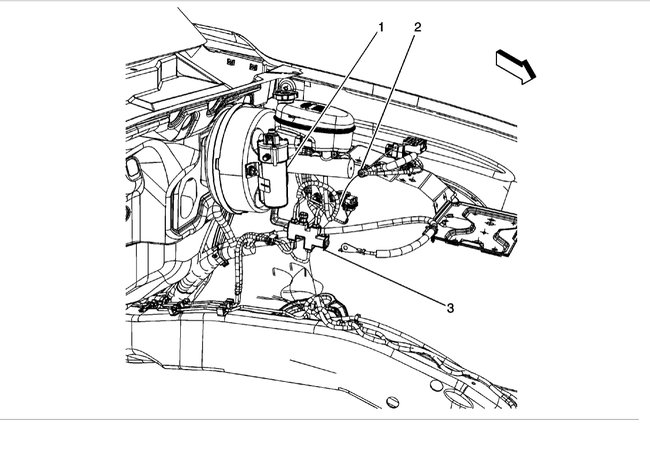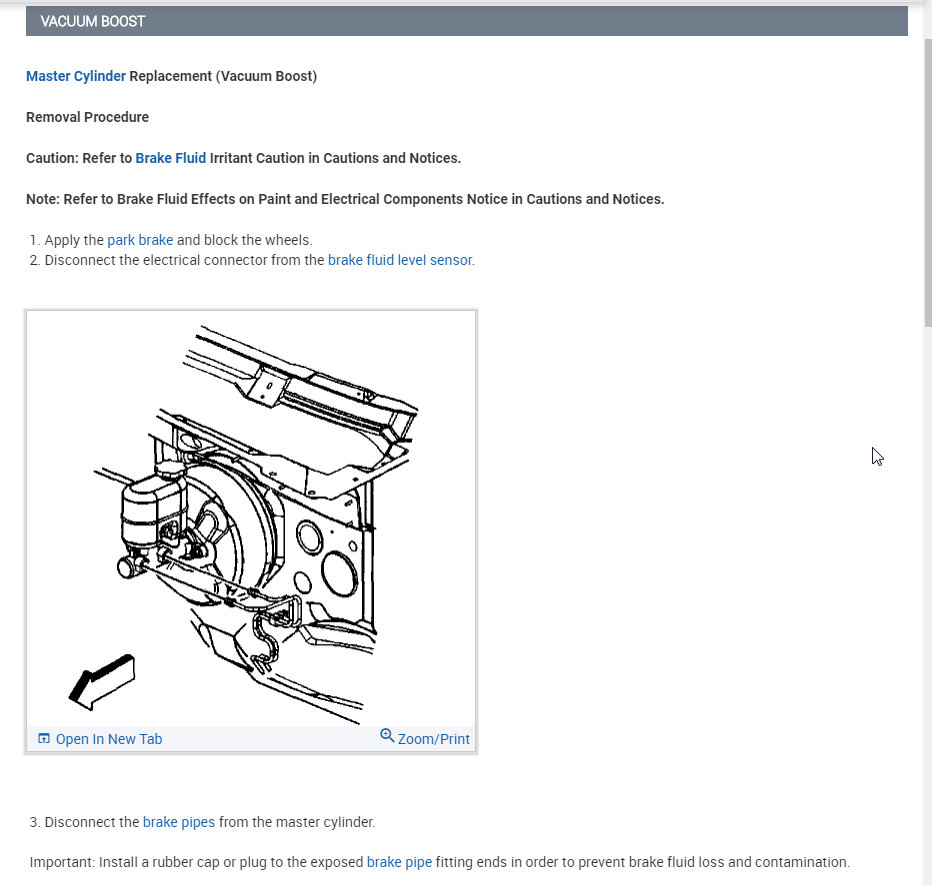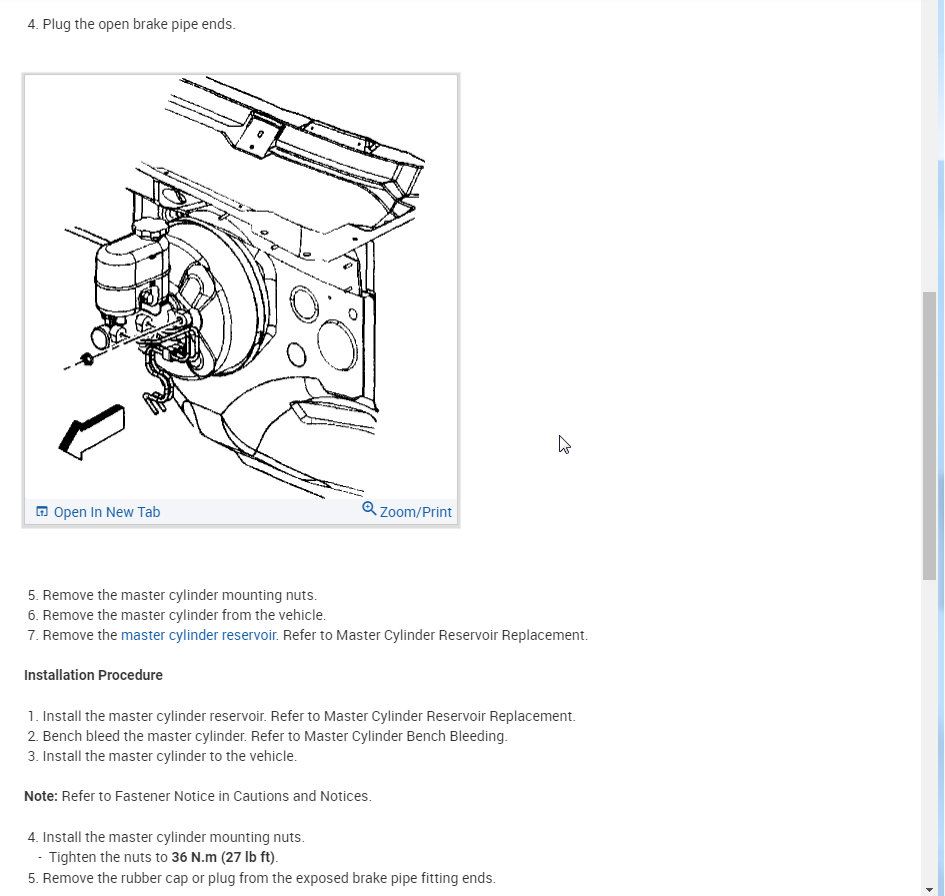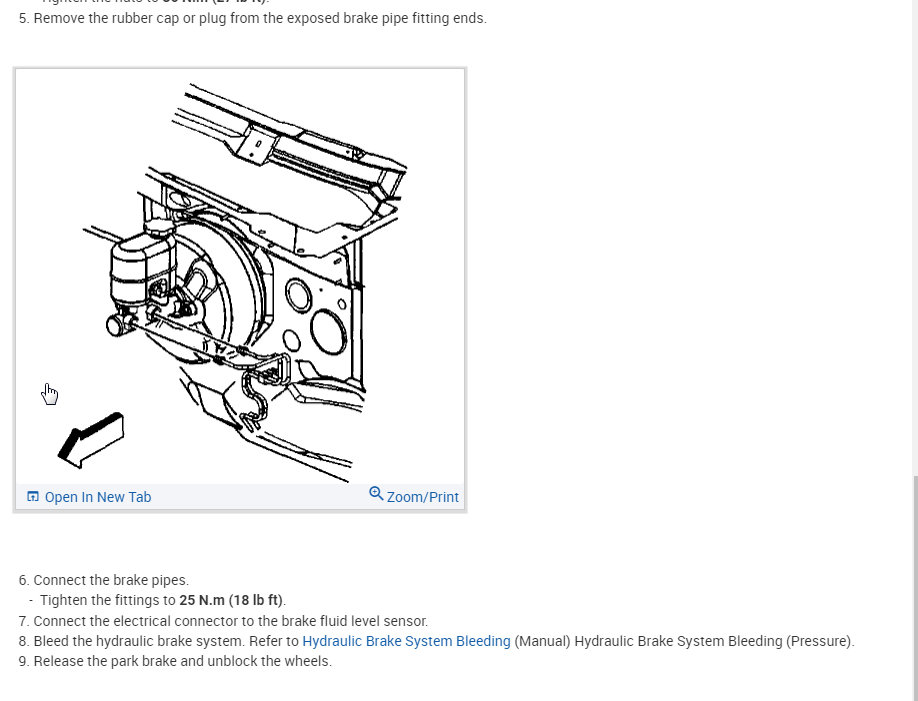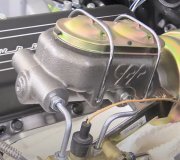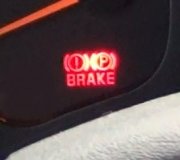Dandy. That means they're professionally-rebuilt, not used ones from a salvage yard.
The most common cause of repeat failure is improper bleeding procedures, namely pushing the brake pedal all the way to the floor, but that results in different symptoms, and it doesn't cause leaking from the rear seal. This also doesn't apply to master cylinders less than about one year old. On older ones, crud and corrosion build up in the bottom halves of the two bores where the pistons don't normally travel. Pushing the brake pedal all the way to the floor runs the lip seals over that crud and can rip them. Often that takes a while to show up, but it results in the pedal slowly sinking to the floor under light foot pressure.
The next common thing is brake fluid contaminated with a petroleum product like engine oil, transmission fluid, or power steering fluid. We used to see that after someone repacked wheel bearings by hand, then wiped them off to pop the rubber bladder seal back into the reservoir cap. The residue on their fingers was more than enough to contaminate the brake fluid. Most professionals even wash their hands with soap and water before handling any parts that will contact brake fluid so they don't get fingerprint grease in there.
The repair for this gets real expensive because the only proper way to fix it is to remove every part with rubber in the hydraulic system that contacts brake fluid, flush and dry the steel lines, then install all new parts. If any part is not replaced, the contamination will leach out of the rubber parts and recontaminate the new brake fluid. That means replacing the master cylinder and reservoir cap, three or four rubber flex hoses, calipers, wheel cylinders, height-sensing proportioning valve, and combination valve.
If your fluid is contaminated, it is going to damage the next master cylinder you install, but you should have noticed other symptoms first. The first complaint almost always is brakes that don't release, or they self-apply, and they get so hot they start smoking. The rubber lip seals in the master cylinder grow past the fluid return ports and block them. The clue is the stuck brake will release when you loosen the lines at the master cylinder.
The rear seal in the master cylinder can also get soft and mushy and start to leak, but if contamination is the cause, expect to see other symptoms.
The last thing to look for pertains to trucks, diesels mostly, with the hydro-boost brake power boosters. If those leak power steering fluid in front, it can get onto the push rod for the master cylinder and find its way into the brake fluid. If you have a standard vacuum booster, you don't have to worry about that.
Monday, February 22nd, 2021 AT 5:41 PM
(Merged)
